
Ghana’s 9th Parliament is set to convene in January 2025 against the backdrop of a seismic political shift. The New Patriotic Party (NPP), now in the minority, must navigate this uncertain terrain at a time when Ghana’s economic recovery remains fragile.
Post-COVID realities, coupled with the stringent fiscal measures of the International Monetary Fund (IMF) programme, demand a leadership choice that extends beyond parliamentary strategy to include robust economic and political acumen. With global political trends, such as the post-Trump leadership realignment, providing a broader context, the question of who will lead the NPP in this critical moment has become a focal point of intense debate.
The Africa Leadership and Policy for Humanitarian Action (ALPHA), has delved into this compelling issue, analysing key contenders and presenting a detailed examination of their strengths, weaknesses, and potential impact on the party’s parliamentary and national positioning.

Setting the Stage: Leadership in a Post-COVID and IMF Era
The post-COVID world has underscored the need for leadership that is innovative, adaptable, and attuned to economic realities. In Ghana, this reality is compounded by an IMF programme that demands fiscal discipline, economic restructuring, and social accountability. For the NPP, the choice of a Minority Leader in this context is crucial. Should the party opt for someone with a solid background in finance and economics, or perhaps media savviness, legal expertise, or a strong grasp of infrastructure, social, and gender integration? Or will the status quo persist? This decision could significantly shape the party’s parliamentary trajectory and its broader political fortunes.
The Contenders
ALPHA’s report examines the leading figures in the NPP caucus who are vying—or are being considered—for this pivotal role.
Kojo Oppong Nkrumah: The Versatile Strategist
Kojo Oppong Nkrumah’s candidacy stands out due to his blend of financial expertise and communication skills. As a lawyer, former journalist, and experienced government minister, he brings a versatile profile to the table. His tenure as Minister of Information highlighted his ability to navigate complex narratives and project compelling visions—a skill critical for the Minority Leader role. In a global and local economic context that demands fiscal astuteness, Oppong Nkrumah’s financial literacy could provide a sharper critique of government policies. Additionally, his media savviness and youthful appeal align with the NPP’s need to revitalise its image and connect with a broader demographic.
Strengths:
- Financial Expertise: Oppong Nkrumah’s financial literacy positions him to critique government policies incisively.
- Media Savviness: His experience as a broadcaster gives him a strong command of public communication.
- Youthful Appeal: His relatability and charisma align with the NPP’s need to revitalise its image.
Challenges:
- Factional Politics: As a known ally of Dr. Mahamudu Bawumia, Oppong Nkrumah must navigate the factional dynamics within the NPP, particularly with Kennedy Agyapong’s influence in play.
Alexander Afenyo-Markin: The Pragmatic Incumbent
Afenyo-Markin, the current Majority Leader of the 8th Parliament, is another formidable contender. Known for his strategic approach and parliamentary experience, he has demonstrated an ability to manage complex legislative dynamics. However, his capacity to adapt to the Minority Leader role—a shift that requires more combative advocacy and innovative opposition strategies—remains a question. Furthermore, Afenyo-Markin’s Central Region base, which delivered only four NPP seats in the 9th Parliament, raises concerns about his ability to galvanise regional support and drive a national narrative.
Strengths:
- Leadership Experience: Afenyo-Markin’s knowledge of parliamentary procedures is invaluable.
- Strategic Mindset: His ability to navigate legislative dynamics is a notable asset.
Challenges:
- Regional Support: Representing the Central Region, which delivered only four NPP seats, he faces questions about his influence on broader party mobilisation.
- Factional Allegiances: Concerns about his perceived alignment with Kennedy Agyapong may affect his appeal to other factions.
Dr. Bryan Acheampong: The Resourceful Operator
Bryan Acheampong, an MP from the Eastern Region, brings significant resources and influence to the table. His ministerial experience in agriculture and involvement in national policymaking make him a strong contender for leadership. However, his limited track record in advocacy and parliamentary debates, as well as perceptions surrounding his private acquisitions of state properties, could affect his suitability for the Minority Leader role. Acheampong’s affluence and strategic connections could strengthen the NPP’s operational capacity, but the party must weigh whether his leadership style aligns with the oppositional dynamism required at this critical juncture.
Strengths:
- Affluence: Acheampong’s substantial resources bolster the NPP’s operational capabilities.
- Strategic Connections: His network within the party and beyond enhances his ability to mobilise support.
Challenges:
- Limited Advocacy Record: Acheampong’s parliamentary performance lacks the vocal dynamism often associated with effective Minority Leaders.
- Perceptions: His involvement in controversies, including private acquisitions of state properties, raises potential concerns about his public image.
Kwame Anyimadu-Antwi: A Technical Asset
Kwame Anyimadu-Antwi, a seasoned parliamentarian and lawyer from the Ashanti Region, brings procedural expertise and neutrality to the table. However, his reserved style and limited public visibility may limit his effectiveness in the dynamic and high-profile Minority Leader role. ALPHA’s research suggests that many of his colleagues feel Anyimadu-Antwi could excel as 2nd Deputy Speaker, where his legal expertise and measured approach would provide critical procedural oversight.
Strengths:
- Procedural Expertise: His understanding of parliamentary rules is unmatched.
- Regional Representation: The Ashanti Region remains a pivotal stronghold for the NPP.
Challenges:
- Low Public Profile: Anyimadu-Antwi’s quiet demeanour may not resonate with the broader public.
- Deputy Role Suitability: ALPHA’s analysis suggests he may be better suited as 2nd Deputy Speaker.
The Decision at Hand: Strategic Implications
As the NPP navigates its leadership transition, the choice of Minority Leader must align with both immediate parliamentary needs and long-term political strategy. The party requires a leader who can:
- Challenge government policies with incisive economic and policy analysis.
- Project a fresh, relatable image to a diverse and discerning electorate.
- Maintain unity within the party’s parliamentary caucus amidst evolving internal dynamics.
Conclusion: Who Stands Out?
In this context, Kojo Oppong Nkrumah emerges as a compelling choice. His financial expertise, media savviness, and ability to articulate a forward-looking vision position him as the ideal candidate to lead the NPP caucus. His leadership could provide the party with a much-needed revitalisation, appealing to both the grassroots and elite stakeholders.
While Afenyo-Markin’s experience cannot be discounted, his ability to transition effectively into the Minority Leader role will require significant recalibration. Bryan Acheampong’s affluence and strategic resources are notable, but the NPP must carefully evaluate whether his profile aligns with the demands of a robust opposition. Kwame Anyimadu-Antwi, on the other hand, could serve as an invaluable procedural anchor in the Deputy Speaker role
Ultimately, the NPP’s decision will signal its readiness to adapt and lead in an era of heightened economic and political complexity. ALPHA’s analysis provides a roadmap for understanding the stakes and strategic considerations in this critical moment.
Read the full report for an in-depth exploration of ALPHA’s findings and recommendations on alphaafrique.org
The post Who leads NPP Minority Caucus in 9th Parliament? ALPHA dissects the intriguing leadership dynamics first appeared on 3News.
Read Full Story
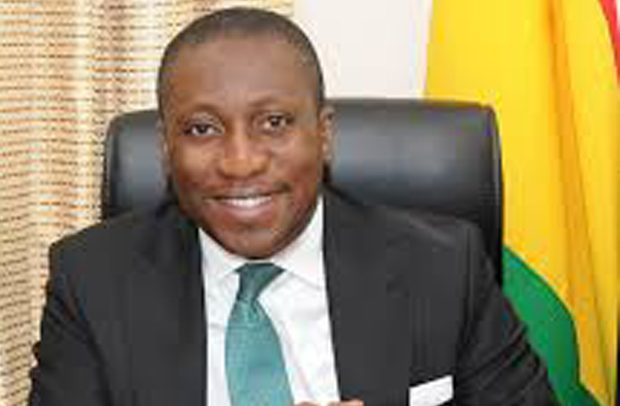
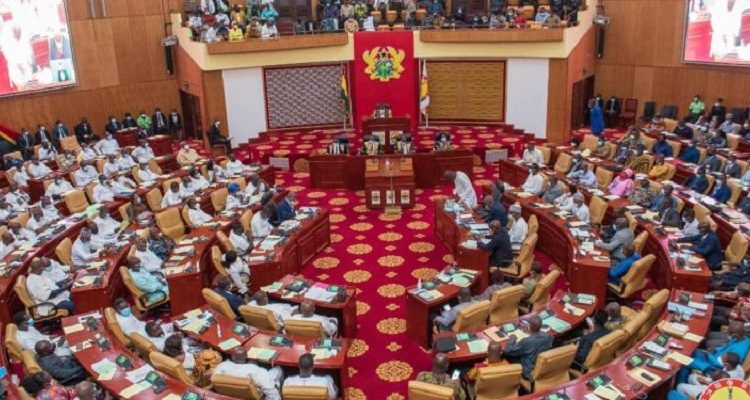

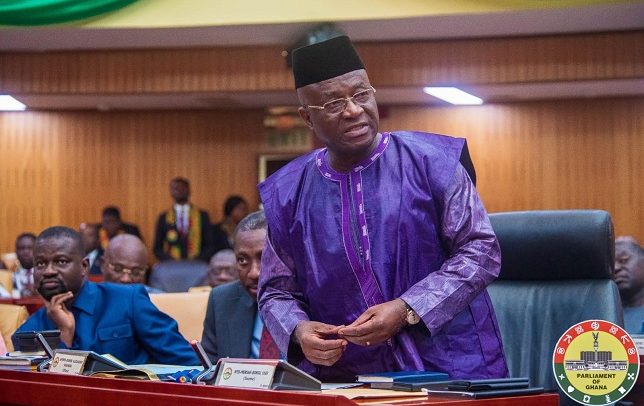
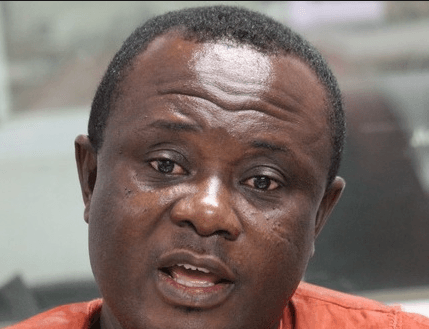
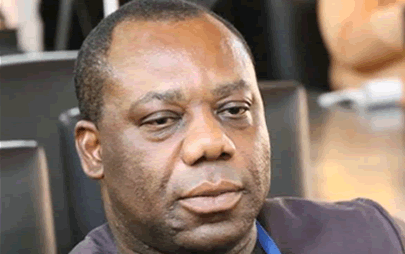
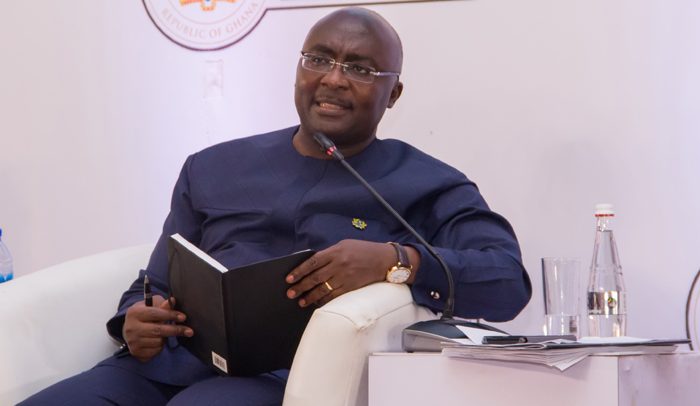















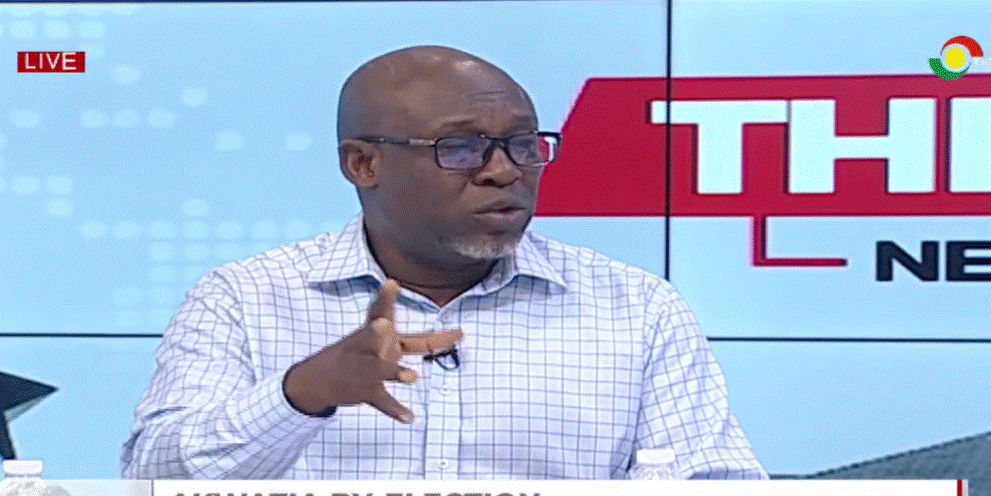

Facebook
Twitter
Pinterest
Instagram
Google+
YouTube
LinkedIn
RSS